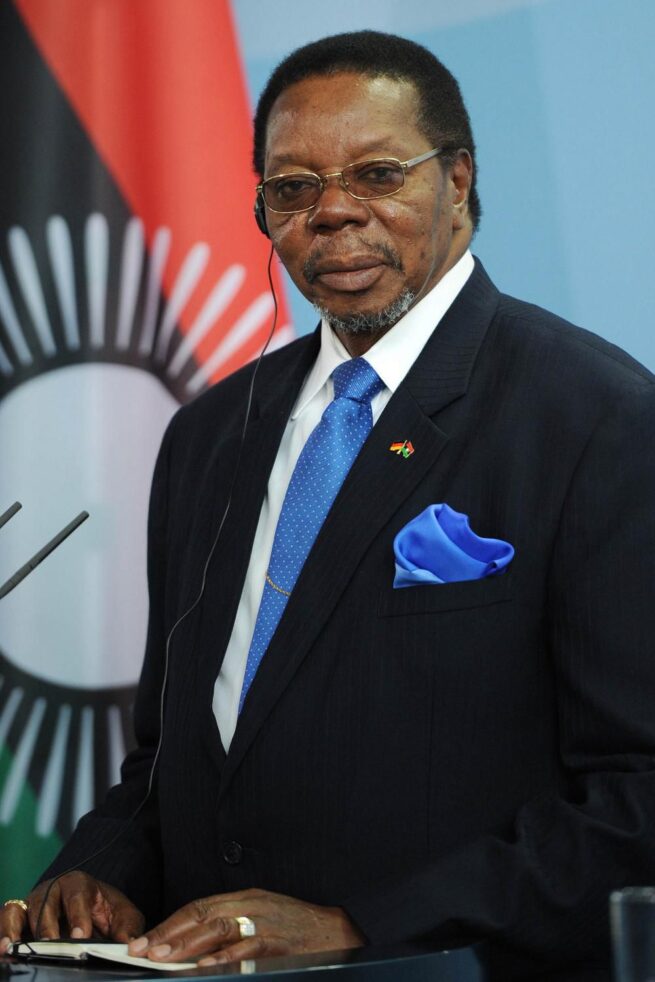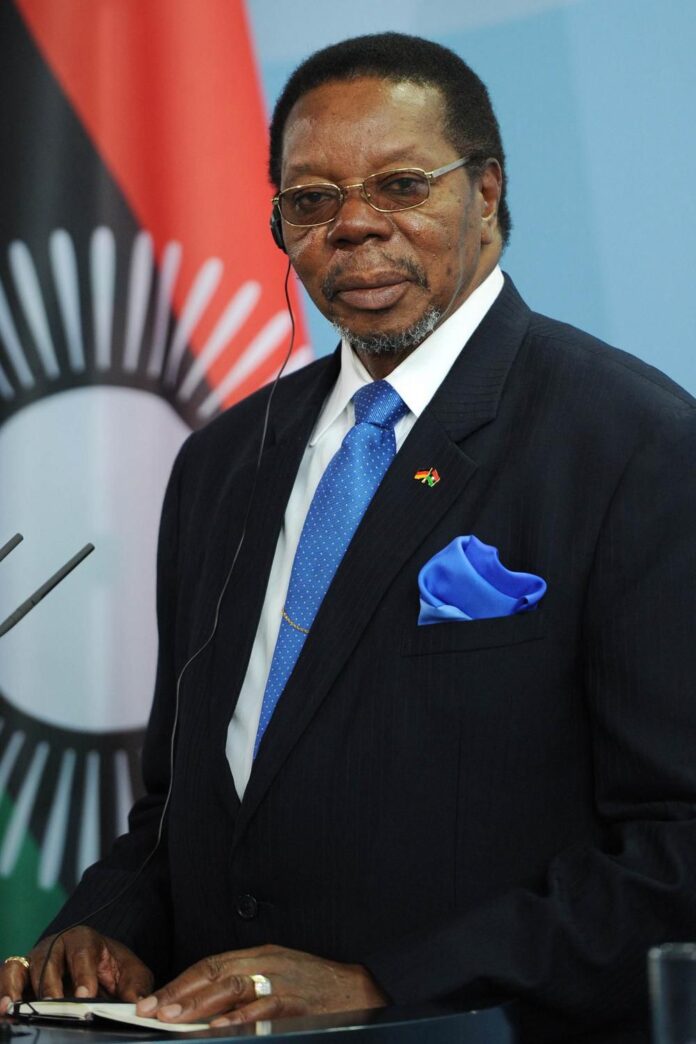By Burnett Munthali
It was a Thursday, but it felt like no ordinary Thursday.
The air was heavy in Lilongwe, not with the usual autumn humidity, but with a strange stillness that wrapped itself around the capital like a veil.
By midmorning, whispers began to spread—first as unconfirmed rumours, then as hushed conversations in government corridors and newsrooms.
President Bingu wa Mutharika had reportedly collapsed at the New State House.
He had been chairing a meeting when he suddenly clutched his chest and slumped forward.

Panic erupted among those in the room as aides and security personnel rushed to his side.
Within minutes, an ambulance was called, and he was hurriedly transported to Kamuzu Central Hospital.
The streets remained unaware of the crisis unfolding behind the high walls of power.
At the hospital, medical personnel fought desperately to resuscitate him.
But it was too late.
Despite the efforts of doctors, President Mutharika was declared dead upon arrival.
Yet, the nation was not told.
Instead, a cloud of confusion and denial engulfed the country.
The government chose silence.
There were official statements suggesting he was being flown to South Africa for further treatment.
That evening, state broadcaster MBC played gospel music and patriotic songs, without any regular programming.
People sensed something was terribly wrong.
Malawians clung to their radios, televisions, and mobile phones, waiting for clarity.
But the silence only deepened the uncertainty.
In the days that followed, the secrecy around his death sparked political tension and constitutional anxiety.
It was a moment of both grief and disbelief.
Citizens gathered in groups, from the markets of Blantyre to the shores of Lake Malawi, wondering what was truly happening.
The Vice President, Joyce Banda, was notably absent from initial government activities.
Her name wasn’t mentioned by state media, even though the Constitution was clear on the line of succession.
Behind closed doors, power struggles had already begun.
Senior DPP officials were allegedly attempting to block Banda from ascending to the presidency.
But civil society, legal experts, and ordinary citizens began to speak out, demanding the truth.
Eventually, on April 7, 2012—two days after his death—the government officially confirmed President Bingu wa Mutharika’s passing.
The nation went into mourning.
Flags flew at half-mast.
Churches filled with worshippers praying for peace and unity.
The streets were filled with tears and disbelief.
Malawians remembered a leader who had both admirers and critics.
Some recalled his successes in food security and economic growth during his first term.
Others reflected on the growing authoritarianism and economic hardships of his second term.
But in that moment, beyond politics, a sense of collective loss gripped the nation.
A father figure, for better or worse, was gone.
And history had turned another page.



